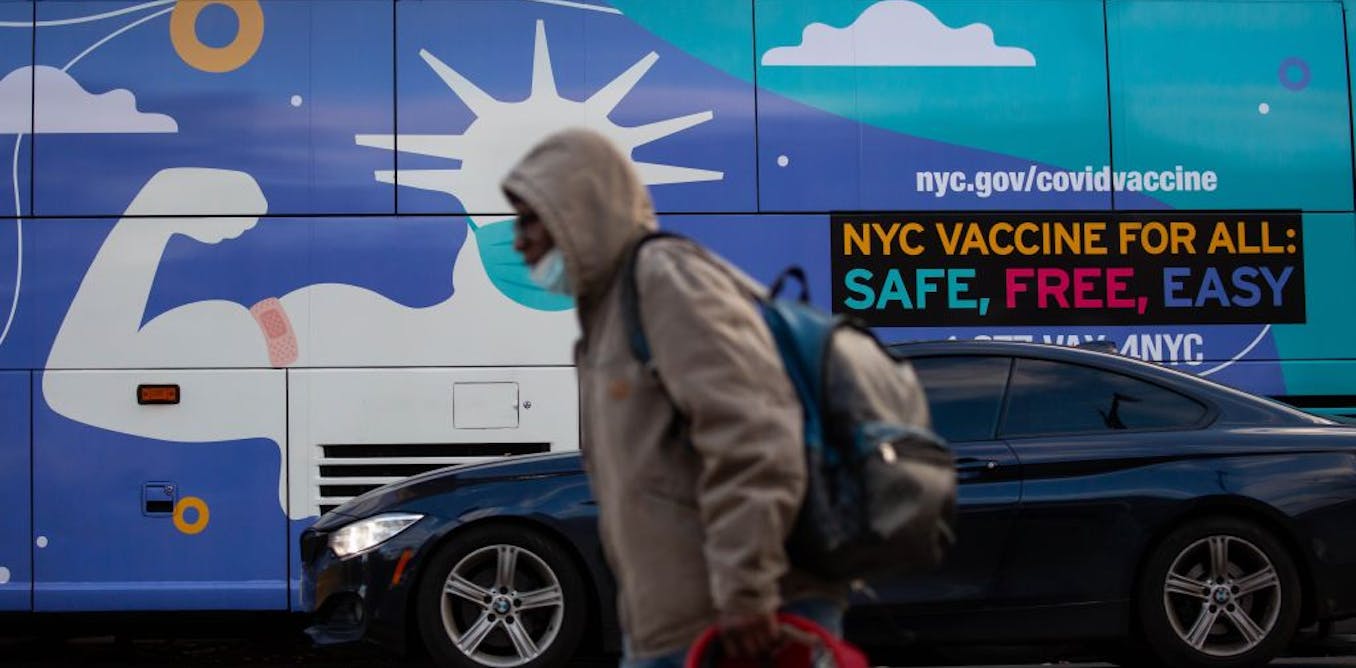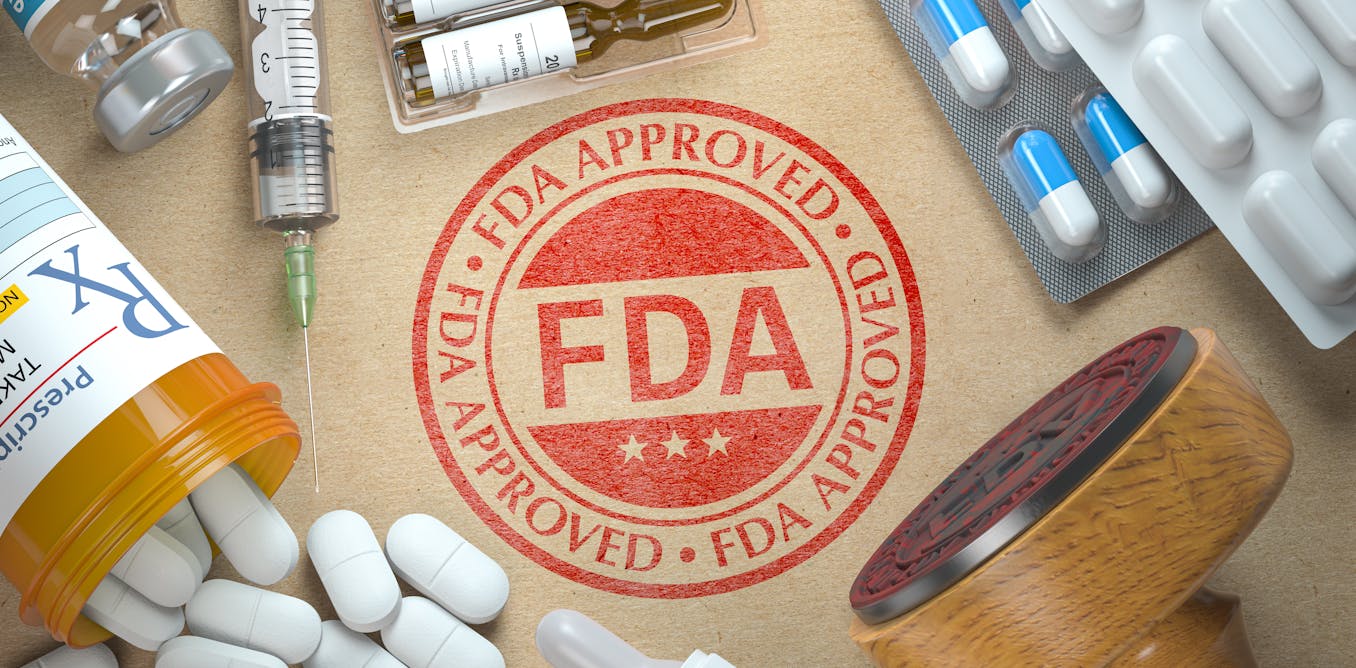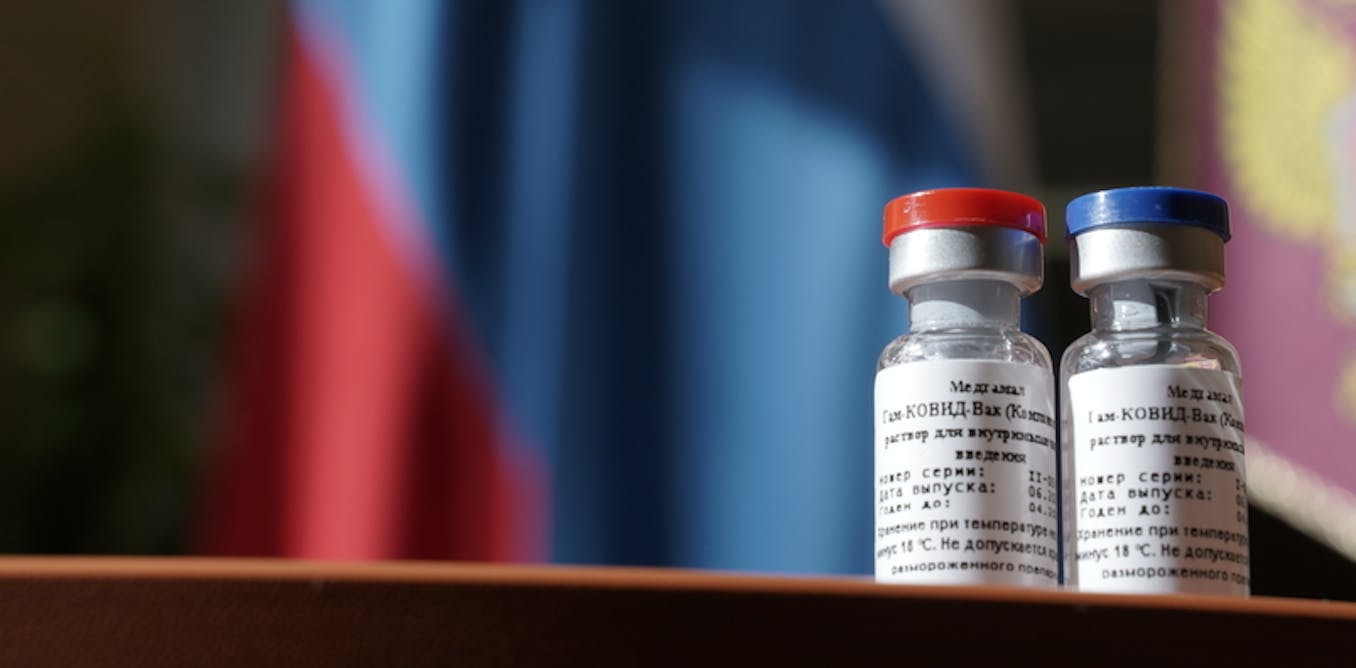Medical technologies have been central to US pandemic response – but social behaviors matter just as much
Vaccines and medical treatments can only go so far in an unequal society. Facing the ongoing history of racial discrimination and bias in the US would help end the pandemic.
Dec. 22, 2021 • ~11 min






